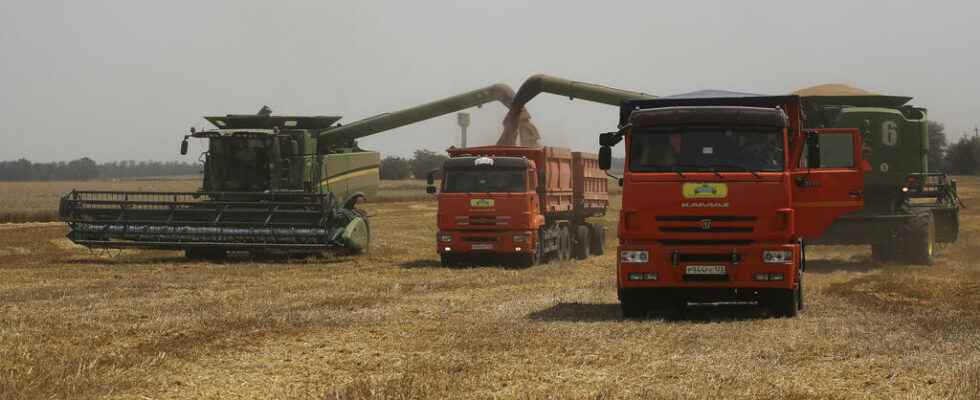As war rages in Ukraine, the consequences of the Ukrainian crisis weigh on world food. Faced with the rise in fertilizer prices, the United Nations has already sounded the alarm, in anticipation of the next agricultural campaign. For the African continent, the costs are still in danger of exploding, explains Josef Schmidhuber, deputy director of the trade and market division at the Food and Agriculture Organization of the United Nations.
RFI: What is the extent of the inflation that we observe today on fertilizers?
Josef Schmidhuber : As in 2008, we observe a very strong rise in prices. We have new historical records for certain nitrogen fertilizers. Urea, which is a key element in the composition of fertilizers, has just hit historic highs. With the war in Ukraine, we find ourselves at the level of prices observed a few months ago. There is one element to consider, however, and that is the recent drop in natural gas prices, which fell by 50% last week. That of urea could therefore stabilize and it is hoped that the situation will be less tense.
What impact should be expected for agricultural production?
The International Center for Fertilizer Development even thinks that cereal production could be reduced this year by 30 million tonnes. It will certainly have an impact, but for the moment, we are not yet fully feeling it. The level of fertilizer use can be expected to continue to decline. In 2021-2022, fertilizer prices increased faster than grain prices. It’s bad. And that heralds food prices that will remain relatively “robust”.
And for developing countries?
There are differentiated uses of fertilizers. Africa represents only 3% of global demand. Asia is 50%. But if prices continue to rise, fertilizer use is likely to decline in Africa, for example. The tension we are seeing today on the markets will translate into further increases for producers on the continent. The second effect is that States will seek to compensate for local production which will potentially be affected by importing more. And given the food prices we are seeing right now, particularly wheat, the effect will be felt for the consumer. It will see both the price of local products increase, but also that of imported products. It’s a double whammy.
States are not better prepared than in 2008, during the previous major food crisis?
It is difficult to say whether the States are prepared. There are no global fertilizer reserves or even any price control mechanism in place. But states should invest more in education programs to help farmers use fertilizers more efficiently. Develop soil sampling, that sort of thing. To prepare farmers, there has not been enough effort since then. And it is worrying.
